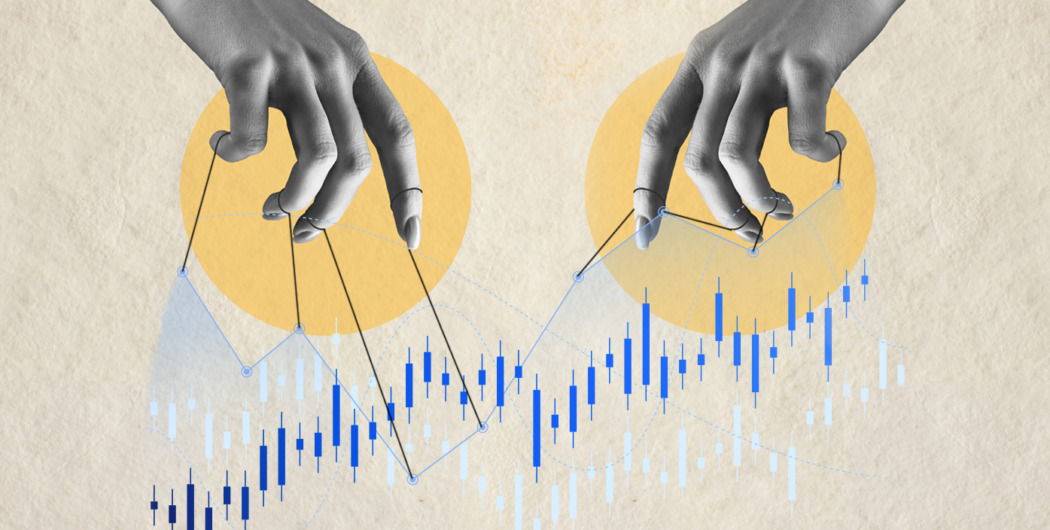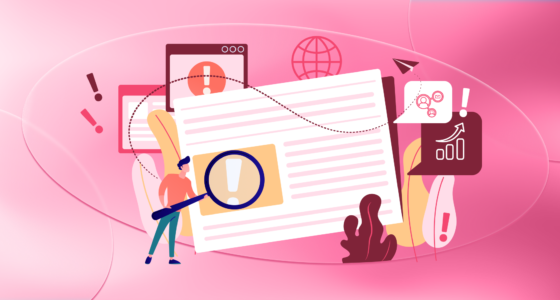

Using a demo trading account and thinking about going live? Read on for the six signs you no longer need demo trading.
You’re constant
Being consistently profitable is the first sign that you’re ready to progress from a demo trading account. Consistent profitability indicates that you have a statistical edge in the market; it signals that you know how to find high-probability setups and manage your risk effectively.
But what does consistently being constant look like? Well, aim to double or triple your demo trading account balance. After all, that’s what you’d aim to do once you’re trading live. You should, over hundreds of trades, be able to confirm that your trading balance is growing. It’s okay to have a few blips here and there, but overall, the trend should be up.
You’re sticking to your plan
Sticking to a plan is key to becoming a pro trader. With demo trading, it’s easy to think that the money isn’t real, so it doesn’t matter if you enter and exit trades on a whim. This only cements bad habits that will ruin your trades in the long run.
Instead, you should have systematized rules to identify what you like to see before entering a trade. It should be easy to justify why you’re looking to get in or out at a particular price. Knowing where and when you should exit a trade is vital, and sticking to these targets once you’ve set them should be the standard for you.
You employ proper risk management constantly
Effective risk management is a cornerstone of every good trader’s skillset. There will be times when trading just doesn’t go your way: whether it’s a confusing market or you’re struggling psychologically, risk management is the only way to weather the storm successfully.
You should have clear risk management rules that you follow constantly. It could be that after three consecutive losers, you stop trading for the day or never risk more than 3% of your account balance on a trade. Either way, effective risk management will be essential in your trades, so it’s important to dial it in early.

You’ve identified and have made progress with your trading demons
With a free demo trading account, overlooking your demons is all too common. Demons are negative psychological traits that impact your trading. It could be that you often FOMO into trades or deviate from your plan too much. Or maybe your entries keep getting stopped out before price moves in the direction you anticipated.
Whatever it is, we all have aspects of our trading that we could improve. The important thing is to identify what’s hurting your margins and mitigate it as much as possible. The issue doesn’t have to be fixed entirely; we all make mistakes from time to time. But, you should be making significant progress before moving on from demo trading.
You’ve traded in multiple markets, across multiple market structures
Some traders prefer to trade one or two markets, while some watch dozens at a time. It’s all down to preference. But, you must have enough screen time across different markets and structures. Not only will you find common patterns, but you’ll also be able to prove that you have an edge that can be applied to multiple markets.
If you’ve only been successful trading EUR/USD in a bull market, for example, you might struggle with a more volatile pair like GBP/JPY during a bear market. Market characteristics and structures constantly shift, so having a broad experience is essential in the long run.
You have enough saved to invest comfortably
Finally, there’s no use moving from a demo trading to a live account if you don’t have enough to invest in your trades. You should never take money from something more important (food, rent, bills, etc.) to trade with. Not only are these things important to your overall health and security, but trading money you can’t afford to lose is also really tough psychologically.
You’ll miss out on good opportunities because you were so caught up in not losing your money, while chasing losses because you need to win that money back. That isn’t trading.
If you can comfortably afford to potentially lose a few hundred dollars, then feel free to invest. If not, keep demo trading until you can.








